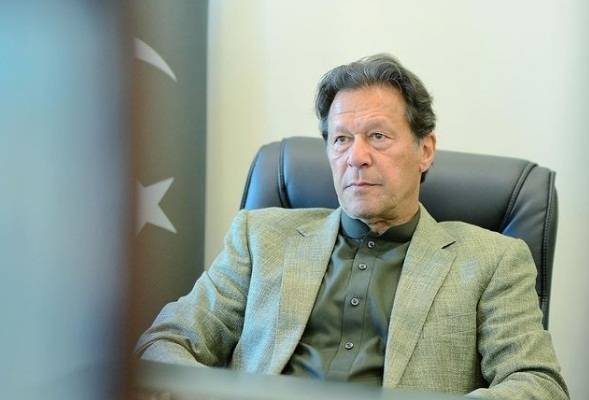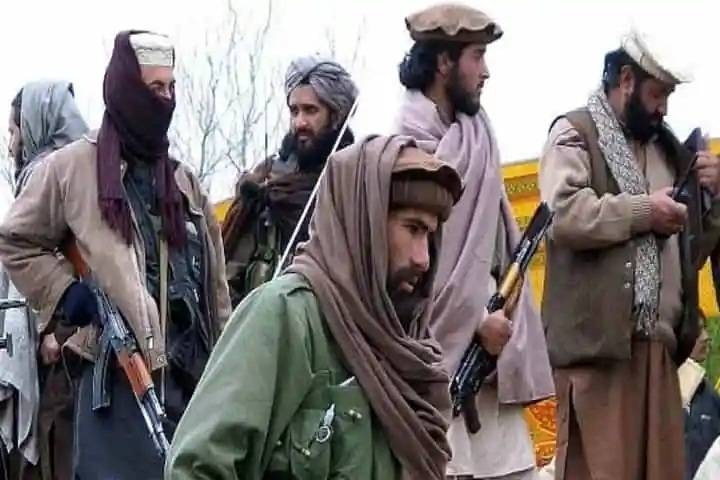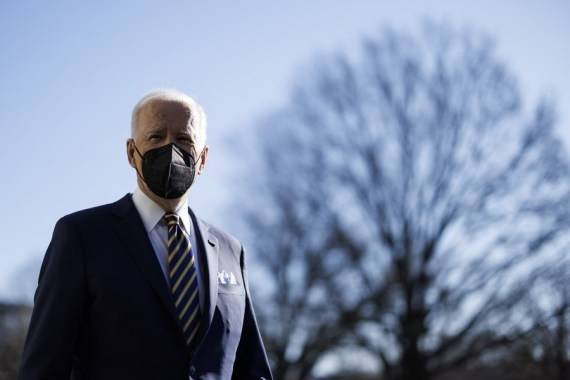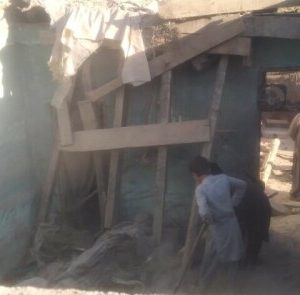In January alone, several terrorist incidents rocked Pakistan as major cities including Islamabad and Lahore were targeted….reports Asian Lite News
Recent attacks in which many killed Pakistani soldiers were killed suggest that there is a surge of terror activity in the country since the Taliban took over Kabul, last year.
An Islamabad-based think tank, the Pakistan Institute for Peace Studies, recently published a report endorsing the fear that Pakistan has been slowly sliding into chaos and instability for the last couple of years, reported Diplomat, an international magazine.
In January alone, several terrorist incidents rocked Pakistan as major cities including Islamabad and Lahore were targeted.
On January 25, in an attack in Kech, Balochistan over 10 Pakistani military personnel were killed. Just over a week later, on February 2, the Noshki and Panjgur districts of the same province saw the killing of seven military personnel, including an officer.

Balochistan Liberation Army, a separatist group in Balochistan, claimed the responsibility for the attack. They claimed to have killed “more than 100 enemy personnel” in Noshki and Panjgur.
In another terrorist attack, unidentified motorcyclists shot a Christian priest and injured his companion in Peshawar. Police suspect the Islamic State (IS) to be behind the attack.
These attacks were mostly carried out by banned outfits including the Tehrik-i-Taliban Pakistan (TTP) and the Baloch Liberation Army (BLA), reported the magazine.
Interior Minister Sheikh Rasheed Ahmad during his appearance on a TV talk show said, “I think that TTP, Daesh [the local name for IS] and other separatist groups are carrying out these activities in collaboration.”

A U.N. Analytical Support and Sanctions Monitoring Team report says that between 3,000 and 5,000 fighters of the TTP are still active in Afghanistan.
Moreover, Pakistan’s recently released National Security Policy has failed in its mandate to tackle non-traditional security threats. It fails to address the core issue of how Islamabad will eradicate extremism and radicalization, reported the magazine.
Islamabad-based security expert Muhammad Wali says that the Afghan economy is on the verge of collapse, and the country is still believed to be a haven for different terrorist outfits. He said that all these developments in Afghanistan should be a reason of concern for Pakistan as well. (ANI)














